Why Don’t I Leave
Staying in an abusive relationship does not mean the victim is weak or stupid. Abuse is about control — physical, emotional, verbal or sexual. Victims must overcome a variety of hurdles — fear, guilt, economics, cultural and gender roles — in order to take those first steps to ending an abusive relationship. To do so, they need support — yet often victims are without a support network because the abuser has socially isolated them.
What keeps people in abusive relationships? It could be any one, or a combination of, the following:
Fear. If leaving an abusive relationship guaranteed a victim’s safety, she would leave. But leaving does not guarantee safety — in fact, it often escalates the violence. When a victim attempts to leave or threatens to leave, the abuser may feel he has lost control and escalate the violence. Most domestic violence-related homicides occur after the victim has left, attempted to leave or has threatened to leave. Victims live in fear of what will happen to themselves and/or their children if they try to leave. If they are without they need resources that can help them remain safe.
Abuse is a process, not an event. On average, female victims leave and return to the relationship seven times because abusers often apologize and promise to change after a victim leaves. The victim returns believing the apologies are sincere. In some instances, leaving the abuser isn’t a goal for the victim. They don’t want the relationship to end, they want the abuse to end.
A life of abuse. Victims that grow up in abusive homes may believe that violence is a normal part of a relationship. Many victims are also survivors of childhood sexual abuse and feel worthless. Their abusive partner tends to reinforce this low self-esteem and makes the victim feel unlovable. They are often told no one else would want them. The psychological damage for a victim of abuse is immense and may result in the victim having trouble making decisions, feeling dependent on their abusive partner, suffering from depression, or using drugs/alcohol for coping.
Guilt. Often victims are worried about the effect their leaving will have on the abuser — “It will ruin his life”. Or they fear the effect it will have on their family — “It will destroy their reputation”. They may feel responsible for taking care of their abusive partner, feel guilty about admitting the relationship is not working or feel they in some way deserve the abuse.
Economic dependence. Because abuse is about control, many victims have limited access to resources. They may fear that by leaving the abuser they — including children — will become homeless, have to rely on welfare or be unable to find a job and childcare.
Emotional dependence. The cycle of abuse and control often leads the victim to feel emotionally dependent. Victims may be afraid to be on their own, fear what others will say, or feel they cannot take care of themselves.
Children. Despite the devastating effects witnessing abuse can have on children, victims often feel they don’t want their children to grow up without both parents. They often believe they are hiding the abuse from the children, and the children aren’t affected. Victims may also fear that if they leave, the abusive partner will get custody of the children. Many adults who abuse their partners also abuse the children. Victims may stay as they feel that is the only way they can protect their children from abuse.
Isolation. It’s not uncommon for victims to be isolated from friends and family, thus they feel that they have no one to turn to for shelter or assistance.
Cultural roles. Cultural beliefs and practices often play a role in preventing a victim from leaving — religious beliefs, prescribed gender roles and the cultural importance of marriage may prompt the victim to stay.
Hope for change. Many victims wait for “someday.” They are waiting for the person they fell in love with to return. Most abuse begins slowly and escalates over time. The relationship is not violent all of the time, there may be good days and the victim waits for the next “good” abuse-free time.
